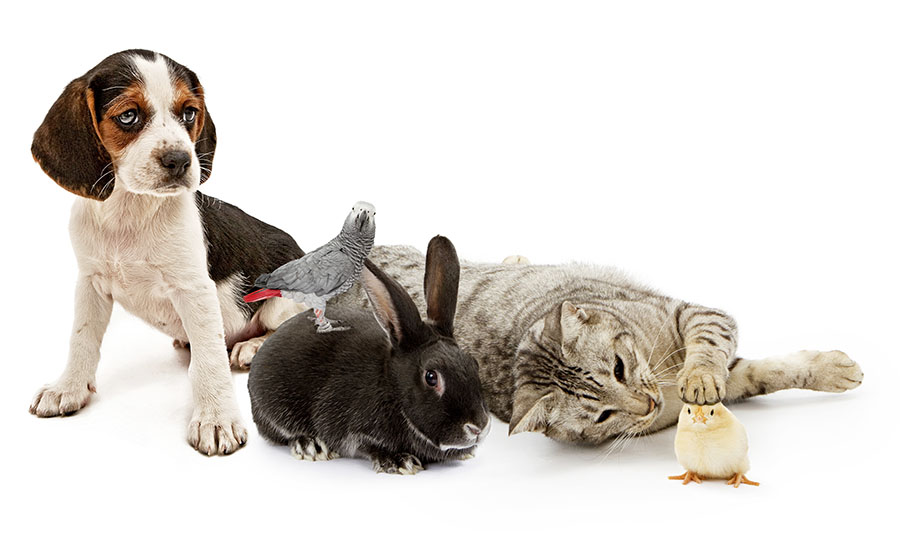 Valley Animal Center offers a variety of pet services to keep yours in top shape. Many animal hospitals offer canine and feline spaying and neutering services. Dogs, cats and rabbits can be spayed or neutered, and you can rely on our staff to help you through the process. Spaying and neutering can provide many benefits for you and your pet. Read on to learn what they are and what you can expect as a pet owner.
Valley Animal Center offers a variety of pet services to keep yours in top shape. Many animal hospitals offer canine and feline spaying and neutering services. Dogs, cats and rabbits can be spayed or neutered, and you can rely on our staff to help you through the process. Spaying and neutering can provide many benefits for you and your pet. Read on to learn what they are and what you can expect as a pet owner.
Schedule an appointment with the experienced veterinarians at Valley Animal Hospital to learn about spaying or neutering your pet dog, cat or rabbit.
Why Should I Spay/Neuter My Pet?
There are many benefits of fixing your dog, cat or rabbit. Your pet will be less susceptible to cancers common in the reproductive organs of both sexes. They are also less likely to contract transmittable diseases. Animal overpopulation is a serious issue that plagues the nation, leading to millions of unwanted, abandoned and euthanized pets.
Lastly, fixing your pet will provide behavioral benefits. Your pet’s personality will not change! In fact, they are less likely to display aggression, marking/spraying, running away from home and will be more willing to train with you.
What Should I Expect?
Spaying is essentially sterilization of female animals by removing the ovaries, fallopian tubes and uterus like a hysterectomy in human females. Neutering involves castration, or removal of the testes, in male pets. In both cases, our veterinarians will provide some pre-op advice to prepare your pet. He/she shouldn’t feel pain during or after the surgery. Mostly, you’ll want to prepare for their comfort once they come home.
For cats and dogs, set aside a quiet, indoor space where they can relax and rest. Avoid excessive physical activity and showers for at least 10 days. Discourage licking of the surgical site and check the area daily to ensure it’s healing. Cats may benefit from shredded paper instead of litter to minimize infection.
Rabbits will need their quiet time for at least four days. Females tend to experience more serious side effects, so keep a close eye on them. Make sure your rabbit eats a nutritious meal to restart their digestive tract as soon as they get home.
When Should it be Done?
Spaying and neutering is generally considered safe for dogs and cats as young as eight weeks to eliminate the chance of pregnancy in females and the development of urine marking in males. Most vets will advise against spaying dogs or cats in heat, as increased blood loss from surgery is a risk.
Older pets can also get fixed, but it’s best to consult with our vets to determine if the procedure can be performed safely. For male rabbits, neutering is an option as soon as the testicles descend at around three to four months of age. Females can be spayed once they reach sexual maturity at around four months of age, though many vets recommend waiting six months. Surgery on rabbits six years or older is definitely riskier, so contact us if you’re considering spaying or neutering your pet rabbit.
